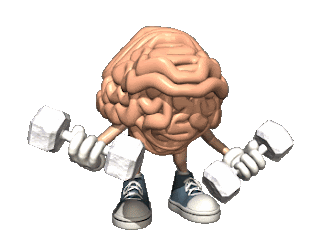In the chapter of “Experience and Developmental Changes in the Organization of Language-Relevant Brain Activity,” the author elucidates the process of human language development in terms of cognitive neuroscience. As for the shaping new synapses and a new brain, Mills & Sheehan (2007) expounds: “experience plays an important role in shaping the organization of the brain for a variety of sensory and cognitive process such as music, face recognition, speech perception, and language development” (p. 183).
After reading this sentence, I remembered my coaching session. In a coaching session, clients explore themselves and explain various kinds of things about a coaching topic. During the coaching session, I noticed that coaching process has the possibility to enhance clients’ cognitive and language development because they objectify themselves as possible as they can and try to describe themselves as detailed as possible by using language with dexterity in the coaching process.
Furthermore, in my view, coaching is a kind of the non-ordinary experience in our daily life. The main reason is that there may not be more powerful opportunities to identify and dis-identify own than coaching. I assume that the extraordinary experience, coaching activates our brain, especially the part which we don’t usually stimulate. Also, I witnessed the situation several times that my clients’ words and language became crystallized gradually in my coaching session. Therefore, my interests are: Does coaching develop language skills (cognitive ability)? Which parts in a brain are activated through coaching?
After reading this sentence, I remembered my coaching session. In a coaching session, clients explore themselves and explain various kinds of things about a coaching topic. During the coaching session, I noticed that coaching process has the possibility to enhance clients’ cognitive and language development because they objectify themselves as possible as they can and try to describe themselves as detailed as possible by using language with dexterity in the coaching process.
Furthermore, in my view, coaching is a kind of the non-ordinary experience in our daily life. The main reason is that there may not be more powerful opportunities to identify and dis-identify own than coaching. I assume that the extraordinary experience, coaching activates our brain, especially the part which we don’t usually stimulate. Also, I witnessed the situation several times that my clients’ words and language became crystallized gradually in my coaching session. Therefore, my interests are: Does coaching develop language skills (cognitive ability)? Which parts in a brain are activated through coaching?
Reference
I read this book because one of the editors is Dr. Kurt W. Fischer. He is a founder of “Mind, Brain, and Education” program at Harvard Graduate School of Education. I’m really interested in this new type of education program and his research topics.


